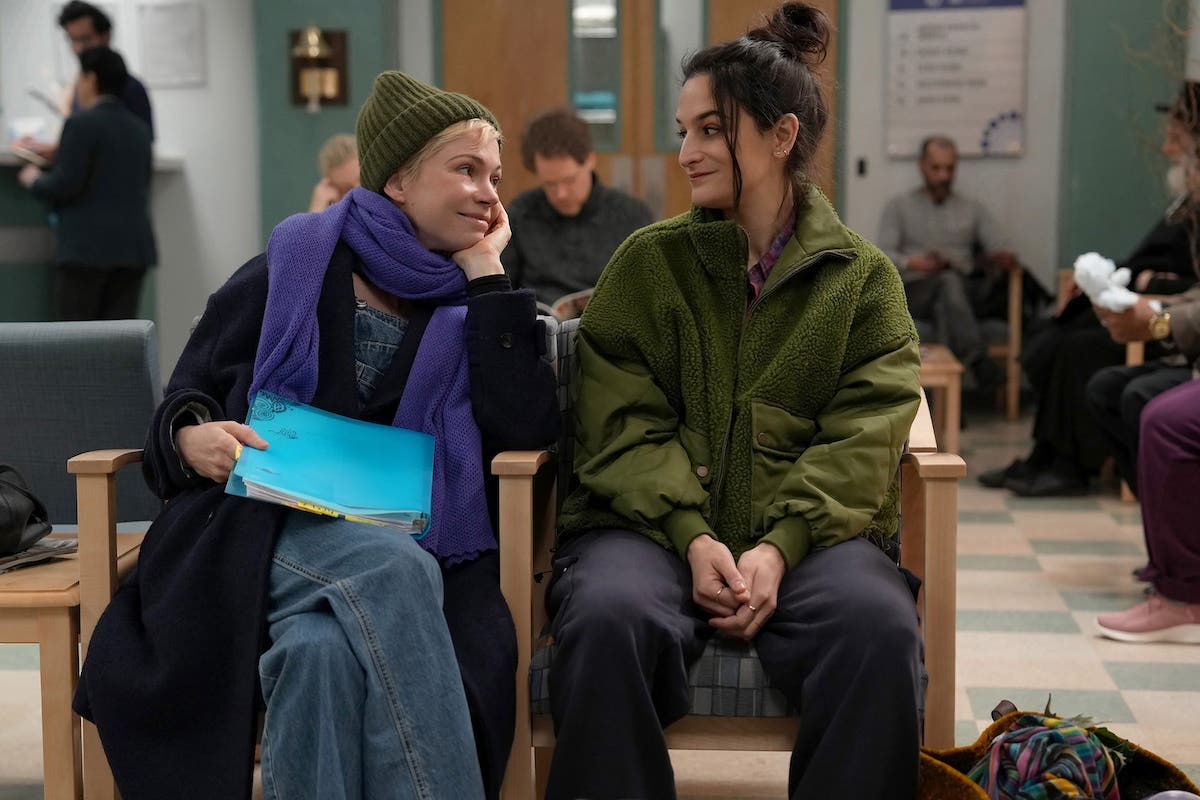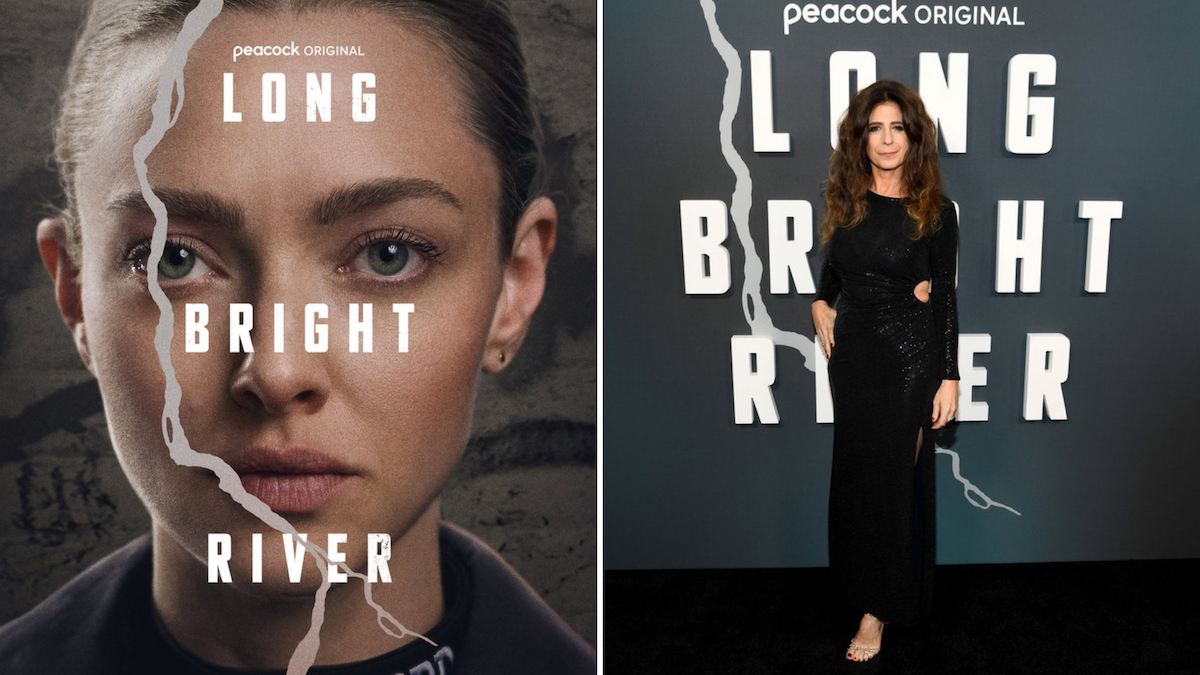Producer’s POV: Do’s and Don’t’s of Reality Show Pitch Proposals
This summer, I judged The Hollywood Player Pitch Contest at NATPE’s PitchCon. For the past couple of years, I’ve helped TV Pitchers develop their materials and prepare for their pitches. I thought it might…
This summer, I judged The Hollywood Player Pitch Contest at NATPE's PitchCon. For the past couple of years, I've helped TV Pitchers develop their materials and prepare for their pitches. I thought it might be helpful to share some Do's and Don't's of what ought to be in your proposal when pitching a script.
DO:
- Know WHAT your show is. Is it a half-hour or hour show? If it's a competition program - what kind? Elimination? Talent Search? Game Show? Social Experiment?
- Know what your format is. This is what you are pitching in reality programming. This is your protectable asset. Have it broken out and down. Know what it is. You can register your treatment or outline with the WGA. Or even work up a hypothetical pilot script and copyright that proposed execution of the idea.
- Know its milieu. Is it Fashion? Health? Science? Foodie? Travel? Know your world.
- Know who your audience is. What are your likely demographics? (This is also your most obvious clue as to who your likely distributors or outlets might be).
- Give us an initial snapshot of the project: a quick, orienting overview so we can get on the same page with you, frame our expectations appropriately, not be confused - and be prepped to enjoy your passion!
- Have at least a ballpark idea of the show's budget (or at least what's realistic for your genre). Remember: reality is profitable because it is cheap.
- Have a great sizzle reel. But it is far better to have no sizzle reel than a cheesy one with marginal production values that could do more harm than good. If what I might imagine off your great pitch is better than what you actually got in the can? Cut your losses and leave the clips at home - no matter what it cost to shoot.
- If you claim to have a celebrity attached: have them attached. (Even better, have DE-tachable "attachments").
- If your show is contingent upon specific talent, bring them with you into the pitch.
- If you are showing merely optional representatives of a "type" (a unique family, profession or lifestyle), then some tape of options is a better way to express the possibilities and keep the discussion open and flexible.
- Know your precursors. What is on the air right now that is comparable to the show you have in mind in one way or another? How is yours different? How is yours better? What elements does your idea share with successful similar TV shows from the past? all the better if they are from the network or cable channel you're pitching to - or what they are currently competing against.
- Have a few great product placement, sponsor, ShowRunner or Co-Pro candidates up your sleeve.
DON'T:
- Oversell with superlatives. This isn't your first born. Explain what your show could be (not the over-the-top ad copy of your wildest dreams of what the best in the business could do with a limitless budget and perfect conditions).
- Tell them how to do their job.
- Be derisive of the industry. If you think everything on TV right now is crap, then why do you aspire to write for it? And why would the people you're pitching to want to work with someone who thinks their entire business and its output is beneath them? Think. Be smart. Be respectful and courteous. Sure, be creative and passionate - just don't be rude and offensive.
- Over-encumber your project with a daisy chain of "attachments" that are just dead weight.
Reality TV is popular because it is high concept, easy to market - and cheap to produce!
Think: intriguing premises populated by unique characters in fascinating, unfamiliar worlds.
PS: Check out the National Association of Television Program Executives' Catchers-At-A-Glance Mandate Grid to see who was looking for what.
Related Articles:
Heather Hale is a film and television writer, director and producer with over 80 hours of credits. She currently produces Lifestyle Magazine, the #1 life coaching broadcast television talk show. She wrote the $5.5 million dollar Lifetime Original Movie The Courage to Love (2000) which starred Vanessa Williams, Stacy Keach, Gil Bellows and Diahann Carroll. She directed, produced and co-wrote the million dollar thriller Absolute Killers which was distributed theatrically then sold at Walmart and Best Buy.
She has books published by the two major entertainment industry publishers: Story Selling: How to Develop, Market and Pitch Film & TV Projects (2019, Michael Wiese Productions) and How to Work the Film & TV Markets: A Guide for Content Creators (2017, Focal Press/Routledge).
The Independent Film and Television Alliance approved her as a qualified independent producer to pitch projects to NBCUniversal for their annual development fund. As IFTA’s Industry Liaison, Ms. Hale booked all the speakers for the 2013 American Film Market, including their flagship Conference series as well as launching their Producer’s Workshop. Ms. Hale served as the Vice President of Event Programming for NATPE (the National Association of Television Program Executives) for whom she also booked speakers and designed curriculum as well as consulting professionals to polish their pitch packages and sizzle reels to prepare them to pitch their TV concepts at their annual TV markets. She has written many “How to Pitch TV” articles and executive profiles for their membership newsletter and website.
A popular international speaker and in-demand consultant, Ms. Hale has taught custom pitching workshops to ABC/Disney Drama Executives, a weeklong screenwriting retreat in Australia (integrated with concurrent directing and acting programs). She teaches webinars and online classes for the Writers Store, Screenwriters University and Stage 32. She is a member of The Academy of Television Arts and Sciences (The “TV Academy,” the entity that awards the Emmys) and ShowBiz Mensans.







